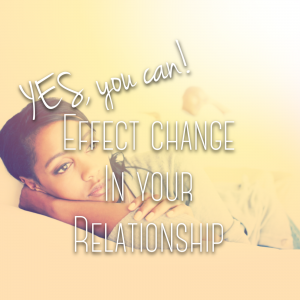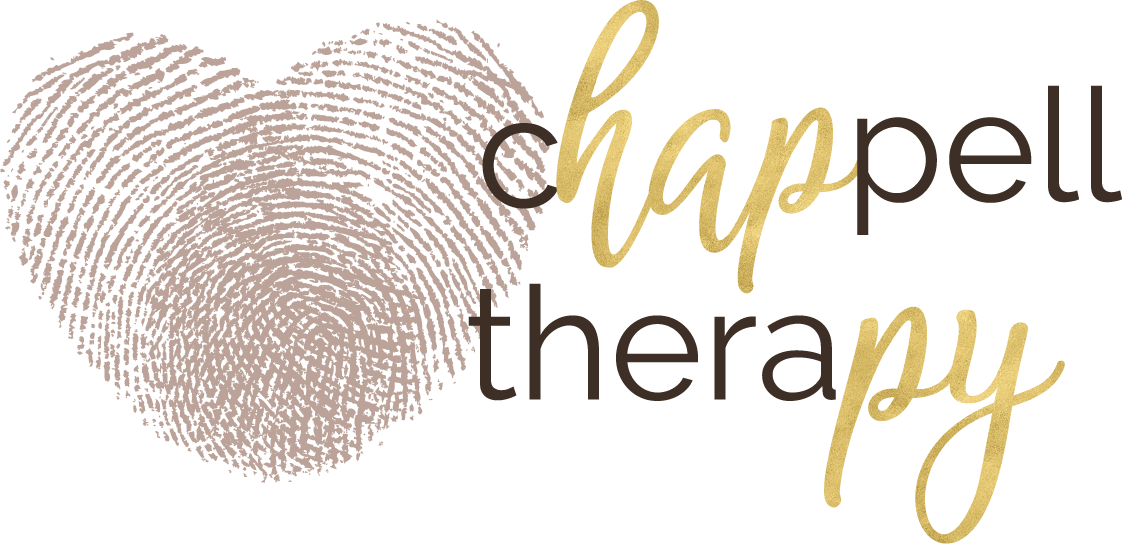 8 Ways Individual Therapy for Relationship Issues Can Help Your Partnership
8 Ways Individual Therapy for Relationship Issues Can Help Your Partnership
‘nothing sadder than when you know your relationship is in trouble – your partner may even agree – but you are the only one willing to seek help. ‘nothing more ridiculous than half of a couple going to couples therapy. ‘nothing more embarrassing than finding a therapist and having to explain that you will be the only client. ‘nothing lonelier than walking in that office for the first time all by yourself.
Why bother then? Because you are clearly troubled, maybe more than your partner. Because you want a better relationship and you have the courage to confront your issues and actually do something about them. Because you are doing what is necessary to take care of yourself.
You may not believe it now, but you are also taking care of your relationship. Of course it would be ideal if both of you walked into the office together, but if only one of you becomes stronger and more balanced, the relationship will also benefit. Here’s how:
1. You’re happier. You’ve got some unhappy things to talk about with your therapist and at first it may seem that everything is just getting worse. Getting in touch with difficult feelings and/or betrayals that come up in your conversations with your therapist may not feel good at first. But you are doing the work that makes recovery possible. You’re venting the poison you and your partner have been sharing. Soon – sooner than you expect – you will begin to understand what’s been going on and gaining hope that you can not only survive it but change it. By opening up the difficult emotions, you also make room for the good ones too. You’ll remember how to enjoy your life and find some level of peace with your unhappy partner.
2. You communicate better. You and your partner used to talk all the time, pouring out your admiration for each other and your life together. Then your conversation died or grew sharper (and louder). But the fact is you weren’t really communicating well. One of the primary skills individual therapy teaches is how to communicate honestly, clearly, and in a way your partner may be better able to hear you. Your partner may not have these skills, but your new skill will elevate the level of your discussions.
3. You fight fair. Just because you’re in therapy doesn’t mean that all disagreements disappear. They shouldn’t. Disagreement is a part of any vibrant relationship. The key is to express your feelings and to listen to your partner and respond with game-changing understanding and kindness.
4. You know yourself better and understand your partner more. A great gift of individual therapy is helping you recognize your own feelings and motivations. Even though your partner isn’t participating, your therapist can help you imagine your partner’s perspective.
5. You are a better parent. If you have kids, they are participants in your relationship problems. The stronger and more balanced you are, the more you are able to help them understand what’s going on. If a child is contributing to your relationship issues, your therapist can walk you through your child’s problems. You may decide that family therapy will also be healing.
6. You’re less desperate. Chances are you’re more concerned about your relationship than your partner, since you’re willing to take action. Your partner may perceive you as needy and overly dramatic. As you understand your feelings and recognize that there are actions you can take on your own, you can let go of whatever demands may be scaring your partner.
7. You have techniques to share. You’re learning a lot of new skills that are very valuable to family relationships. You can bring that information home and (gently) educate the rest of the family.
8. Your partner may change his mind. You’re the trailblazer here. When your partner sees you feeling better about yourself and your life and the relationship, it can be reassuring. He may decide that therapy is less threatening and more helpful than he imagined.
